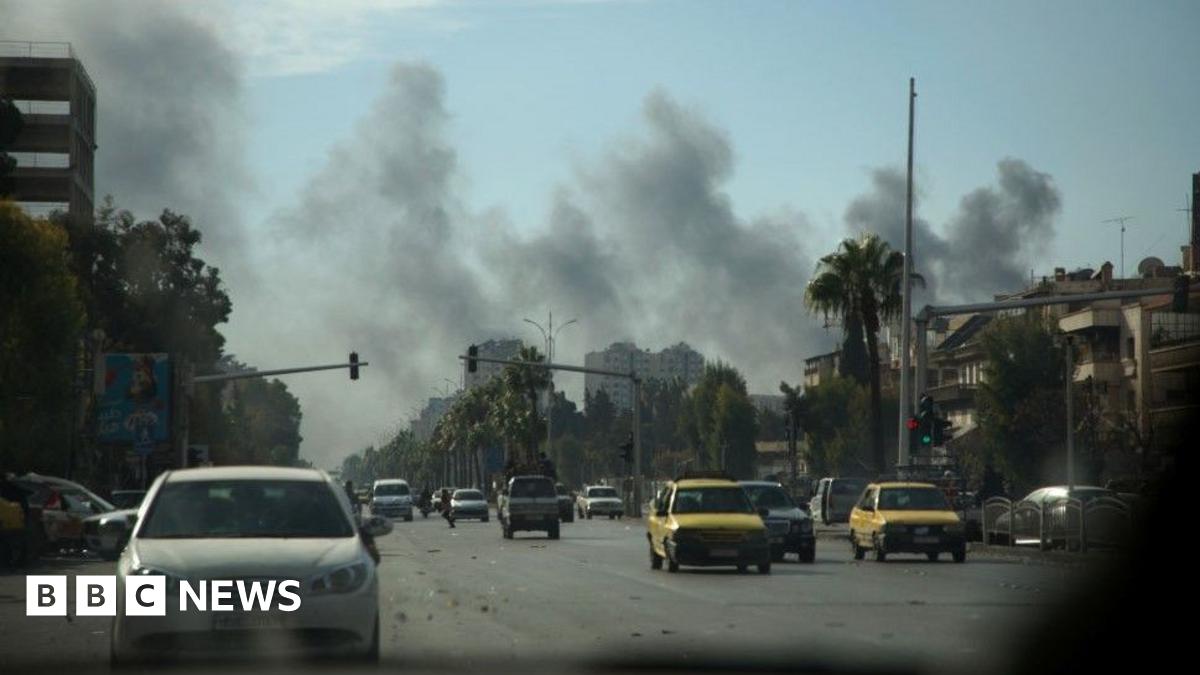Useful information
Prime News delivers timely, accurate news and insights on global events, politics, business, and technology
Useful information
Prime News delivers timely, accurate news and insights on global events, politics, business, and technology

Meanwhile, the UN Security Council meets to discuss the situation in the country following the fall of President Bashar al-Assad.
The SOHR says there have been hundreds of Israeli airstrikes in the past two days, including on a site in Damascus said to have been used for rocket development by Iranian scientists.
The attacks come as the UN chemical watchdog warns authorities in Syria to ensure suspected stockpiles of chemical weapons are safe.
According to the UN chemical watchdog, the Organization for the Prohibition of Chemical Weapons (OPCW), a chemical weapon is a chemical substance used to cause intentional death or harm through its external toxic properties.
The use of chemical weapons is prohibited by international humanitarian law regardless of the presence of a valid military target, as the effects of such weapons are indiscriminate in nature.
It is not known where or how many chemical weapons Syria has, but it is believed that former President Bashar al-Assad maintained stockpiles and that the declaration he had made was incomplete.
Syria signed the OPCW Chemical Weapons Certificate in 2013, a month after a chemical weapons attack in the suburbs of the capital, Damascus, involving the nerve agent sarin and leaving more than 1,400 people dead.
The horrific images of the victims convulsing in agony shocked the world. Western powers said the attack could only have been carried out by the government, but Assad blamed the opposition.
Even though the OPCW and UN destroyed the 1,300 tons of chemicals declared by the Syrian government, chemical weapons attacks in the country continued.
BBC analysis in 2018 confirmed that between 2014 and 2018, Chemical weapons were used in the Syrian civil war at least 106 times.